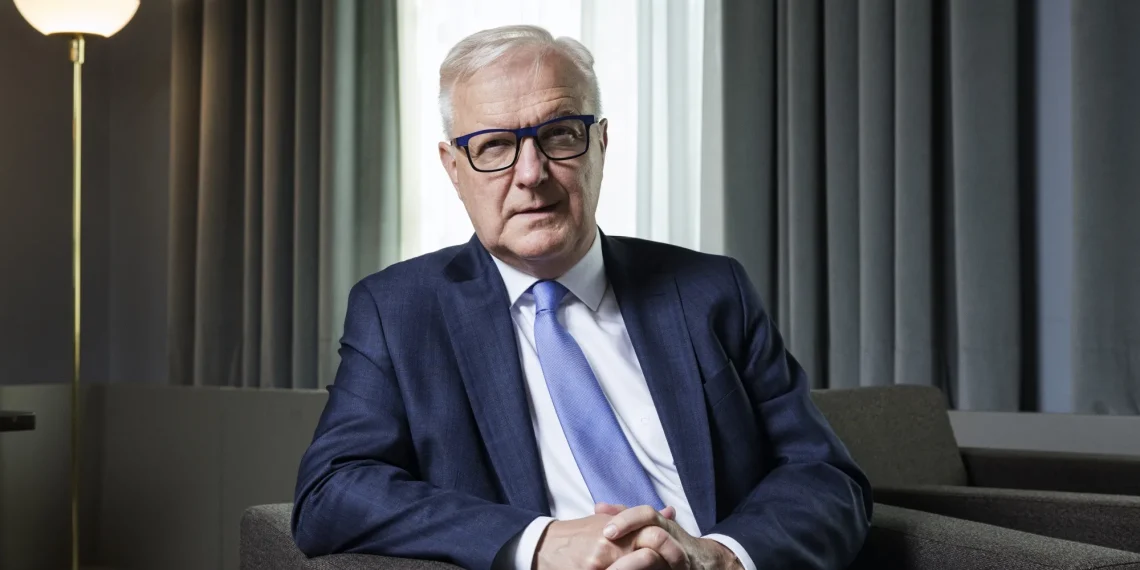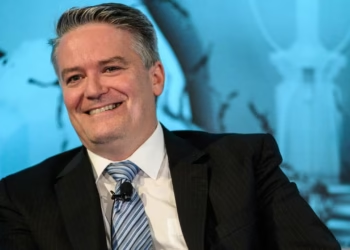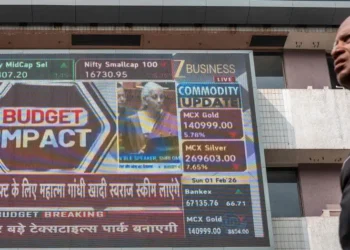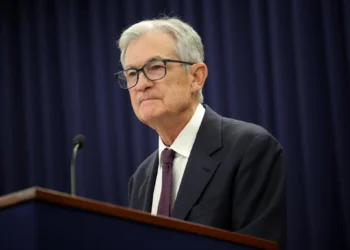FRANKFURT (Realist English). A senior European Central Bank official has cautioned markets against ruling out further interest rate cuts this year, arguing that risks to inflation are now “tipped to the downside.”
Olli Rehn, governor of the Bank of Finland and member of the ECB’s governing council, told the Financial Times that investors should avoid “complacency” about price stability, despite Eurozone inflation matching the bank’s 2 per cent target for the past two months.
Over the summer, traders reduced bets on another quarter-point cut in the ECB’s deposit rate, with derivatives data from LSEG showing the probability of such a move falling below 40 per cent, compared with more than 50 per cent in late July.
“We have to be mindful of the downside risks to inflation,” Rehn said ahead of the ECB’s September 11 meeting, citing falling energy prices, a stronger euro and easing services inflation. Since January, the euro has appreciated 13 per cent against the US dollar, making imports cheaper, while oil prices have dropped 9 per cent. Services inflation, above 2 per cent since 2021, has now hit a three-year low.
ECB staff in June projected inflation would dip to 1.6 per cent in 2026 before gradually rising back to target in 2027. Rehn noted those projections assumed another rate cut this year, a detail he stressed was not policy guidance but “important to recall.” Updated forecasts will be released in September. “There is simply no room for complacency,” he added.
The ECB, which halved borrowing costs over the past year, left rates unchanged at 2 per cent in July as president Christine Lagarde said the bank had shifted into a “wait-and-watch” mode while keeping the option of future increases open.
Rehn also flagged potential headwinds from the recently agreed EU-US trade deal, which introduces a 15 per cent tariff on most European exports. He said the agreement was “worse than assumed in our June baseline” and could trim euro area growth “by some decimal points.” Still, he noted that the EU’s decision not to retaliate meant consumers would be spared higher import prices from the U.S.
Turning to Germany’s debt-funded €1 trillion spending plan, Rehn said its impact on Eurozone growth would likely be limited until 2027. “I would prefer to see this impacting already in the short term, and that is possible, but it will really depend on how quickly the concrete investment decisions are made,” he said.


















